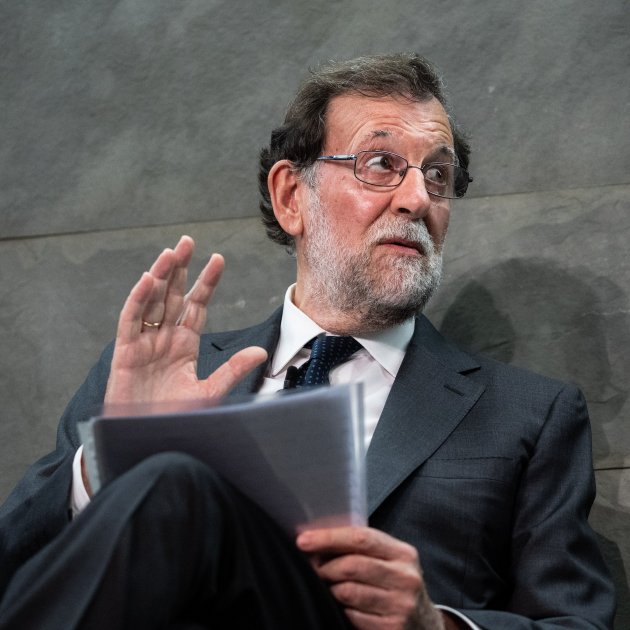The Andorran Institute of Human Rights (IDHA) and the legal association Drets believe that the actions of Mariano Rajoy's Spanish government in 2015 to try and obtain information on alleged bank accounts in the name of Catalan politicians were "a blatant assault on Andorran sovereignty". This is asserted in a press statement by the two associations, after they lodged a complaint against the former Spanish prime minister Rajoy, the Partido Popular (PP) government's treasury minister Cristóbal Montoro and interior minister Jorge Fernández Díaz, and other senior officials and police leaders, which an Andorran court has now admitted for processing. The court is to investigate the Spanish government and police officials for possible offences of extortion against directors of an Andorran bank, Banca Privada d'Andorra (BPA), from which they sought information on supposed accounts held by Jordi Pujol's family, an action taken in the context of the so-called Operation Catalonia, illegal activities by government and police officials aimed at discrediting the Catalan independence movement.
The two bodies affirm that Rajoy and other members his Spanish executive "intimidated" the Andorran prime minister, Antoni Martí, and other ministers of his government in 2015. The former Spanish PM and treasury minister Montoro are also accused of forgery, for sending false information to the US Treasury Department's Financial Crimes Enforcement Network (FinCEN), which led to the winding-up of the BPA and its Spanish subsidiary, Banco de Madrid. The owners of the bank are conducting a separate lawsuit against the Spanish government over the alleged financial sabotage of the bank, for which they are seeking 141 million euros in compensation.
Both the IDHA and Drets have also commented that Rajoy himself visited the southern European microstate, located between French and Spanish territory, to meet with the Andorran government as Spanish prime minister and not as its head of state - a position held by the king of Spain - and for that reason he "is not protected by the immunity provided for in Article 8 of the Andorran Penal Code, in the same way as his ministers and other political officials are not."
Silence in Calle Génova
The news of the Andorran investigation into the former leadership of the PP lands in the party's Calle Génova headquarters in Madrid just after a new broom has swept in. The former Galician PP head, Alberto Núñez Feijóo, took over the party reins in April presenting himself as the leader of a new era for the PP, especially in contrast with the outgoing Pablo Casado. Despite the marketing, his response to the investigation of the party's old leadership is the classic one: silence. The PP has simply stated that it has nothing to comment on.
While his predecessor Pablo Casado sought to mark his arrival in 2018 by insisting that he was breaking with his party's corrupt past - and even considered selling the Calle Génova headquarters since they were closely associated with PP corruption cases, it seems that old habits die hard for Feijóo. That is, administrative silence has been maintained in the face of the judicial scandals accumulated by the People's Party, even if they affect figures at a level as high as that of the former Spanish prime minister.
